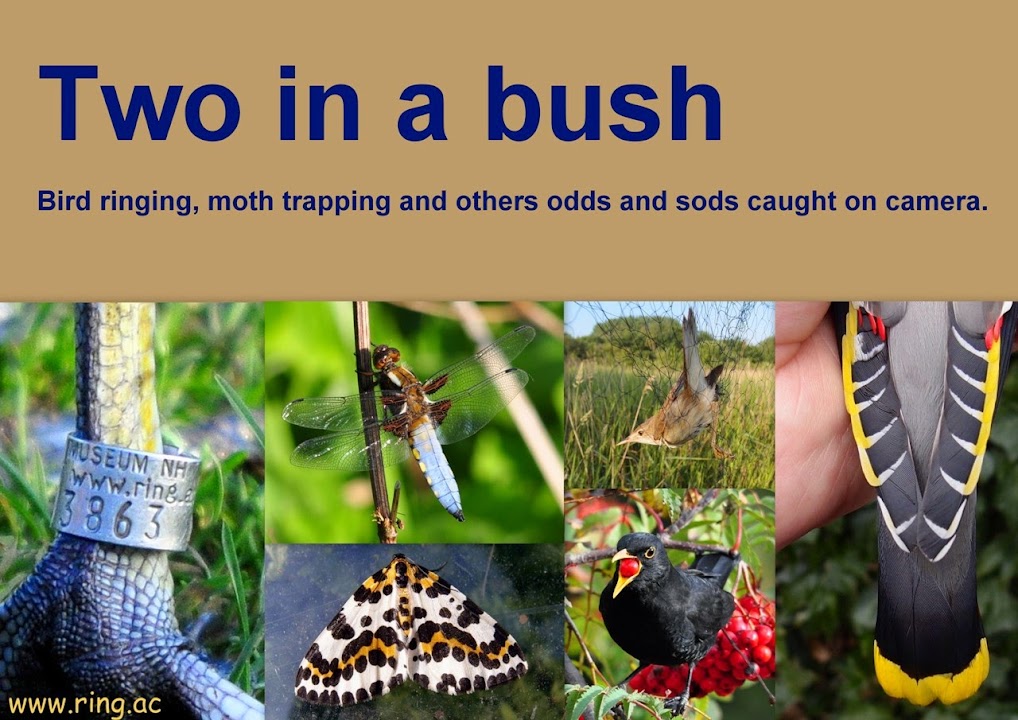I arrived at the site just after 06:00, with the fog already starting to thin and lift, and I was greeted by a reeling Grasshopper Warbler. I don't think they have bred on site this year although one had been reeling in the spring in a different part of the site but that bird was only heard on one day for certain. Wherever it had come from it was the first record for the autumn and a good start to the morning.
Further promise of a good session came while I was putting up the nets with a few phylloscopus warblers flitting around and young Willow Warbler and Blackcap trying out their voices. I set the usual 3 nets in quick order and on going back to the first net I found it had already caught 7 Willow Warblers and a Chiffchaff, all of which were unringed.
It always feels like autumn migration has got going properly when you catch a species that doesn't breed at the site or even close by and is out of its usual habitat. Well that happened a few rounds in when a 1CY Reed Warbler turned up in a net and was quickly followed by an adult in the next net round. The nearest breeding site is a few kilometers away and although Reed Warblers can happily feed in willows it is far more unusual when those willows are at a dry site and near the top of a hill. I have only caught 6 Reed Warblers at the site in the previous 2 years but interestingly 5 of those were caught in the last week of July with the other being at the end of August.
 |
| 1CY Reed Warbler. |
 |
| Adult Reed Warbler. |
 |
| The dry willow scrub habitat at the ringing site with the farmland in the distance giving an idea of its elevation. |
 |
| Adult Sedge Warbler. |
 |
| 1CY Sedge Warbler |
Ringing totals (retraps in brackets) for 23/07/16 were: Sedge Warbler 2; Reed Warbler 2; Blackcap 15 (1); Willow Warbler 15 (1); Chiffchaff 7 (1); Wren 1; Blue Tit 1; Great Tit 2; Chaffinch 2; Goldfinch 17; Lesser Redpoll 2; Reed Bunting 1.
 |
| Juvenile Lesser Redpoll. The two juveniles ringed today add to the evidence of successful breeding at the site. |

No comments:
Post a Comment